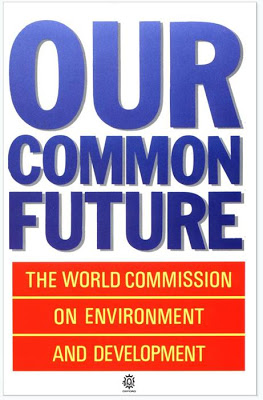Welcome
On behalf of all the lecturers I wish you a very warm welcome to this course. This is the third time we are running this course. While we have put much effort into making it as good as we can, there may still be unforeseen obstacles that we may have to resolve as we go. We will be on the forums at the bottom of each page to check your questions during the course. Don’t hesitate to ask!
You will find all lecture materials here, by navigating the menu at the upper left corner. Each page also has a link at the bottom to the next page, which follows the sequence of the lectures. The course will be made available in four parts (see schedule below), each part contains two main topics as seen in the first level of the menu. There will be two essay assignments, one at the end of Part 2 and one at the end of Part 4. The instructions for the essay assignment will be emailed to you and will be available on the MONDO platform. You are also required to share your insights for each section of the course, one for each take-home page.
Any administrative question you might have, please use the comments section on the Contact) page on this site so everyone can see both questions and answers. I hope you will enjoy this course as much as we have enjoyed making it!
Sincerely, Jon Norberg, Professor at the Stockholm Resilience Centre, Stockholm University and Rodrigo Martinez Peña, TA on this course, Msc at the Stockholm Resilience Centre, Stockholm University
Course Introduction
Sustainability was put on the global agenda in the 1987 Brundtland report on sustainable development, titled: “Our common future”. We have come a long way since the Brundtland report. The situation has since become more severe, as outlined in the module Setting the scene, new threats are now on the agenda and the complexities of the solutions have become more apparent. However, with a better understanding of the problems, the solutions have also become more clear. Our fundamental understanding is that human development and the health of the environment are interlinked and inseparable. Humanity must reconnect to the biosphere at all levels, not just locally. We will devote one module to Reconnecting to the biosphere. 
This course gives an introduction into the social and ecological aspects of sustainability science. In the module Sustainability we will focus on what this means exactly, how it is thought of from different perspectives, and what indicators we could imagine to guide the effort of achieving it.
To guide you through the complexities of social-ecological systems, we are using several case studies to exemplify the core concepts and how they fit together.
The course is very transdisciplinary and you will encounter aspects of food web ecology, governance, economic decision-making and social network theory, among others. A common idea that links these different systems is that they are complex adaptive systems, and as such, they may display dynamics that are at times difficult to predict and provide additional challenges to governance. In the module System dynamics we will talk about this and also how resilience thinking has become a core approach to dealing with these complexities.
Many different forms of governance are and can be used to promote sustainable use of planetary resources. In the module Governance you will familiarize yourself with adaptive management, co-management, taxes and stakeholder participation among many others. You will learn the role of economic incentives and how markets can be both a solution and a problem.
From understanding the challenges of the Anthropocene, to understanding the governmental aspects of creating opportunities for sustainable living on a planet under continuously increasing pressure we finally put the pieces together. In the module Invoking change we look at how change is created, by adaptive governance, creating knowledge through stakeholder participation or connecting social networks through bridging or brokering agents.
The concepts are being taught by instructors at the Stockholm Resilience Centre that have many years of research in both the specific topic they teach as well as in how to apply it in a transdisciplinary setting. The goal is to broaden the mind in regards to the problems as well as solutions to the human quest of living on this planet, to learn how one can start to address these and to provide knowledge that you can apply in everyday work and leisure settings to help on this quest.
In order to provide a structure to the concepts you are going to be introduced to we have four main objectives under which they fall:
- Understanding the problem
- Defining the goal
- Knowing your options
- Invoking change
Together, these steps will help you understand how to achieve sustainability. For each part of the course, we will start with aligning the concepts with these objectives and wrap up with how you should fit them into the bigger picture.
We hope that you will have great enjoyment and learning with this course! So again: Welcome!

Leave a Comment